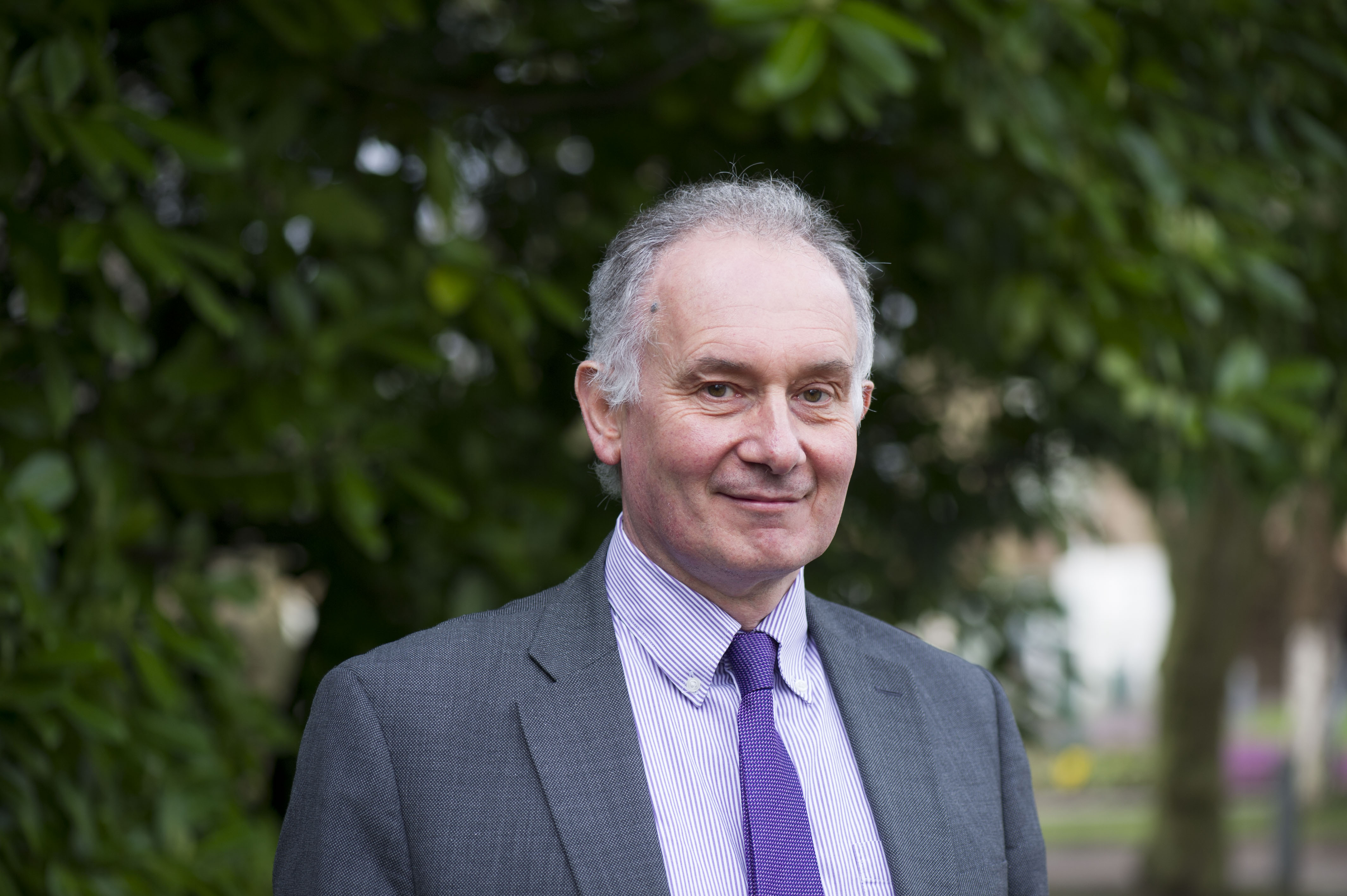
August 2, 2017, by Rob Ounsworth
Research Priority Areas: a vital part of our research ecosystem
Dr Richard Masterman on the vital role of the University of Nottingham’s Research Priority Areas in promoting transdisciplinary research.
Underpinning the delivery of this vision is our strength in continuing to develop transdisciplinary advances.
This is exemplified by our Research Priority Areas.
Our RPAs are a cornerstone of the University’s ambition to deliver even more research of exceptional quality.
By encouraging researchers from across diverse disciplines to work together to find solutions to challenges, RPAs enrich our research ecosystem and provide a focus for engaging our academic community with the powerful opportunities that arise from transdisciplinary research.
At a recent RPA Information Day, we heard exciting examples from RPA leads of how their teams of researchers are building networks in the University and with partners across the world:
- Professor David Bates described the collaborative work of the Cancer RPA, and the international partnerships this is making possible.
- Professor Chris Denning of Regenerative Medicine and Stem Cells outlined how the RPA has established a network of early career researchers, which is contributing to collaborative research within the University
- Dr Kathy Conklin discussed the work that PhD and Postdoctoral Research Associates have undertaken within the Languages, Texts and Society RPA to establish the innovative Journal of Languages, Text and Society
- Professor Andrei Khlobystov detailed how Advanced Molecular Materials has secured funding to support access to equipment, generate data and submit research proposals. The RPA, through the Nanoscale and Microscale Research Centre, engages with all five faculties and is working closely on sustainable materials with the Propulsion Futures Beacon of Excellence
- Professor Ian Dryden outlined how Data Driven Discovery’s experts are involved in projects across faculties and between HE institutions. The RPA also engages with industry, for example by analysing corporate-customer relationships on Twitter.
Colleagues discussed how the RPAs act as an outward facing ‘shop window’ for research and how RPAs can be also seen as an incubator – they help to map areas of activity, identify capacity, and connect people who work in related areas. RPAs help us make sense of, and exploit, the breadth and diversity of research across the University.
Commitment to transdisciplinary discovery
Colleagues are also keen to use RPAs as a powerful route to engage early career researchers, signposting opportunities to work in new and perhaps unexpected areas. We agreed that we should do more to share these opportunities – one suggestion was an RPA guide, illustrating our commitment to transdisciplinary discovery, mapping such relationships and offering colleagues (especially new arrivals) guidance on seeking out and connecting with research networks.
Our focus on transdisciplinary research and key challenges aligns with the Government’s flagship Industrial Strategy Challenge Fund (ISCF). This will channel funding to key targets for innovation and economic success in the UK, including:
- batteries for the electrification of vehicles
- robotics for hazardous environments such off-shore energy
technologies for delivery of new drugs and treatments - AI and control systems for driverless cars
- advanced materials for transport
A rich and fertile research ecosystem
We are well-placed to target these ISCF and other funding opportunities through the Global Challenges Research Fund (GCRF).
Our research ecosystem, with its Beacons and Research Priority Areas, aligns with the vision outlined by Sir Mark Walport, head of UK Research and Innovation. Our Research Vision shares Sir Mark’s commitment to addressing the changing worlds of science, business and society, driving success through pushing the frontiers of human knowledge, and delivering impact and creating societal benefit.
Our new Beacons of Excellence champion our transdisciplinary responses to global challenges, and with our Research Priority Areas, form a fertile ecosystem to nurture and deliver discovery and solutions.
At the RPA Information Day, researchers were keen to find out how they can work productively together, and strengthen the networks that will fuel our future success. We are also asking RPAs and Global Research Themes leads to identify their needs for coordinated support.
Our new Research Vision is a fluid blueprint and we will invite researchers to help continually find innovative, exciting ways of working together to achieve our goals.
Dr Richard Masterman is Associate Pro-Vice Chancellor for Research Strategy and Performance
Find out more about the University’s Global Research Themes and how to contribute to our RPAs

I am searching for this information and also I am searching for the best suggestion on this topic. You made a good site it’s interesting one. I am impressed with your information and also site.